Dissecting Verstappen's fiery brake failure in Melbourne
A detailed examination of Max Verstappen's shocking brake issue and retirement from the Australian Grand Prix, exploring the potential causes and implications for Red Bull Racing.
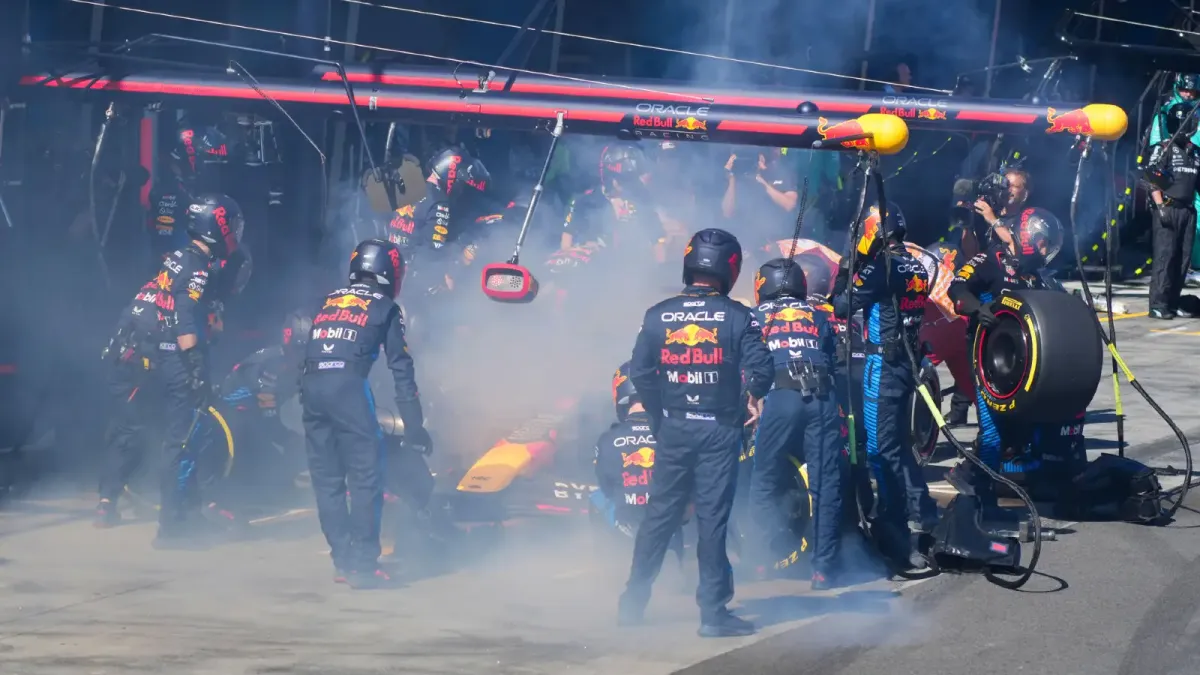
Brake manufacturer brembo weighs in
The third round of the 2024 F1 season in Melbourne was marked by a significant setback for reigning World Champion Max Verstappen.
The Dutchman was forced to retire from a commanding lead on Lap 3 due to a catastrophic brake failure that culminated in his right rear wheel hub erupting in flames.
As the investigation into the root cause continues, brake supplier Brembo has issued a statement distancing itself from direct responsibility.
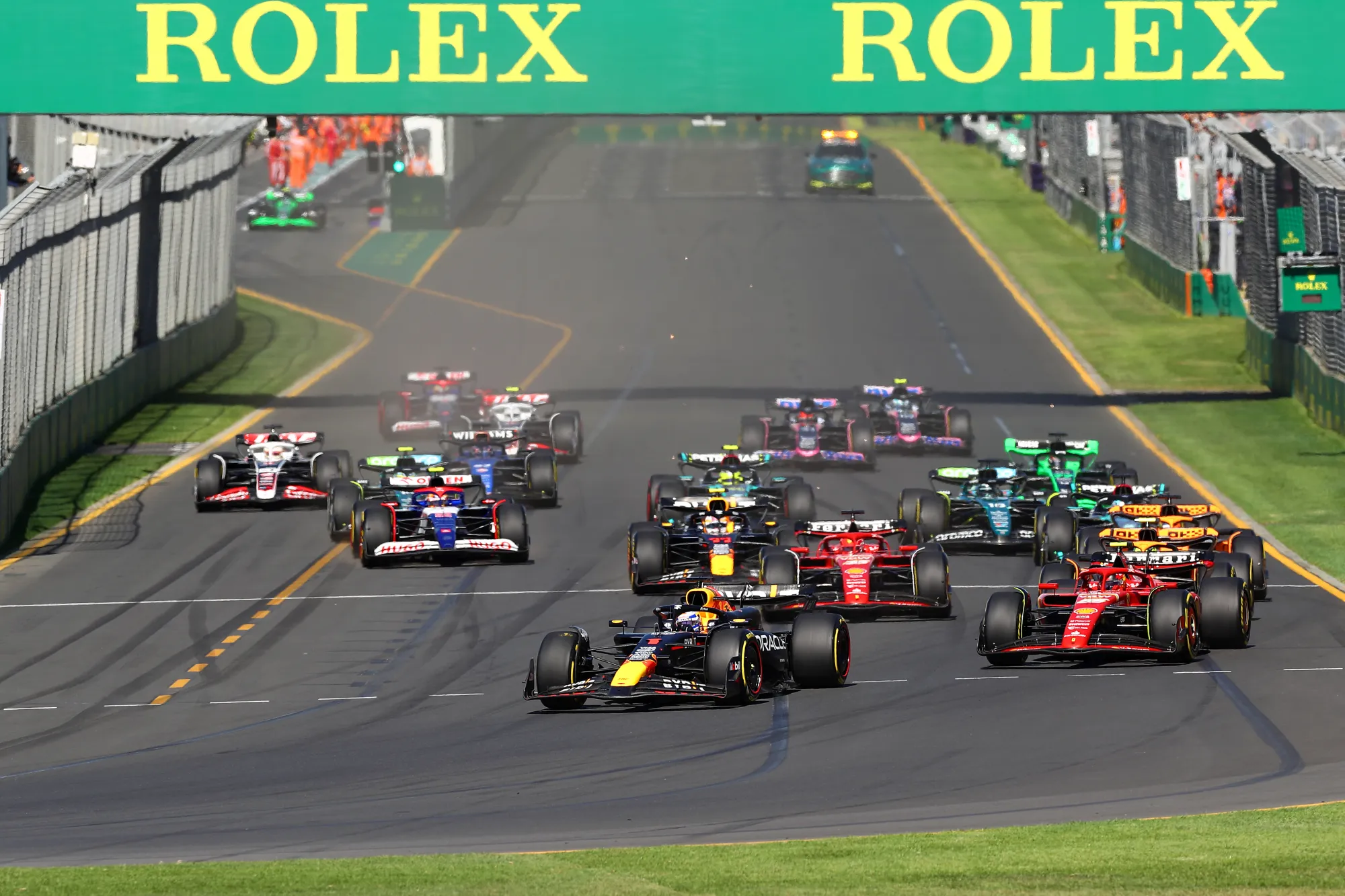
Brembo asserts that the failure is "not attributable" to issues with their supplied components, materials, or manufacturing processes.
This suggests the problem likely stemmed from Red Bull's specific setup and configuration choices rather than a fundamental flaw in the braking system itself.
Chronology of event
Verstappen made a clean getaway from pole position but soon encountered difficulties.
On Lap 2, he had a wild moment at Turn 3 that allowed Ferrari's Carlos Sainz to close in.
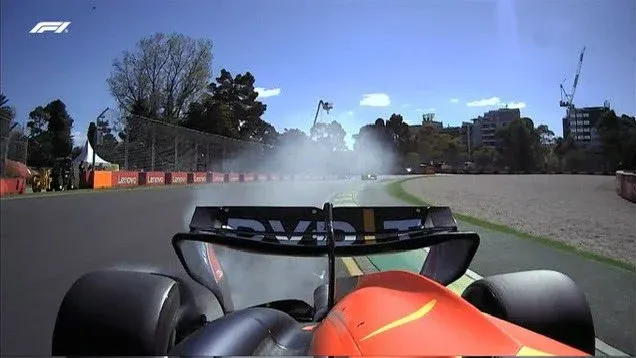
Sainz capitalized on the Red Bull's struggles, executing an overtake on the following lap as Verstappen's pace rapidly deteriorated.
Footage captured smoke billowing from Verstappen's right rear brake duct, intensifying with each passing lap until the wheel hub ultimately disintegrated in a spectacular fireball as he entered the pit lane.
This marked the Dutchman's first mechanical retirement since the 2022 season opener, prematurely ending his bid to equal his record streak of nine consecutive victories.
Damage limitation
Red Bull Team Principal Christian Horner revealed that the brake issue materialized from the very start, creating a "handbrake" effect that compromised Verstappen's control.
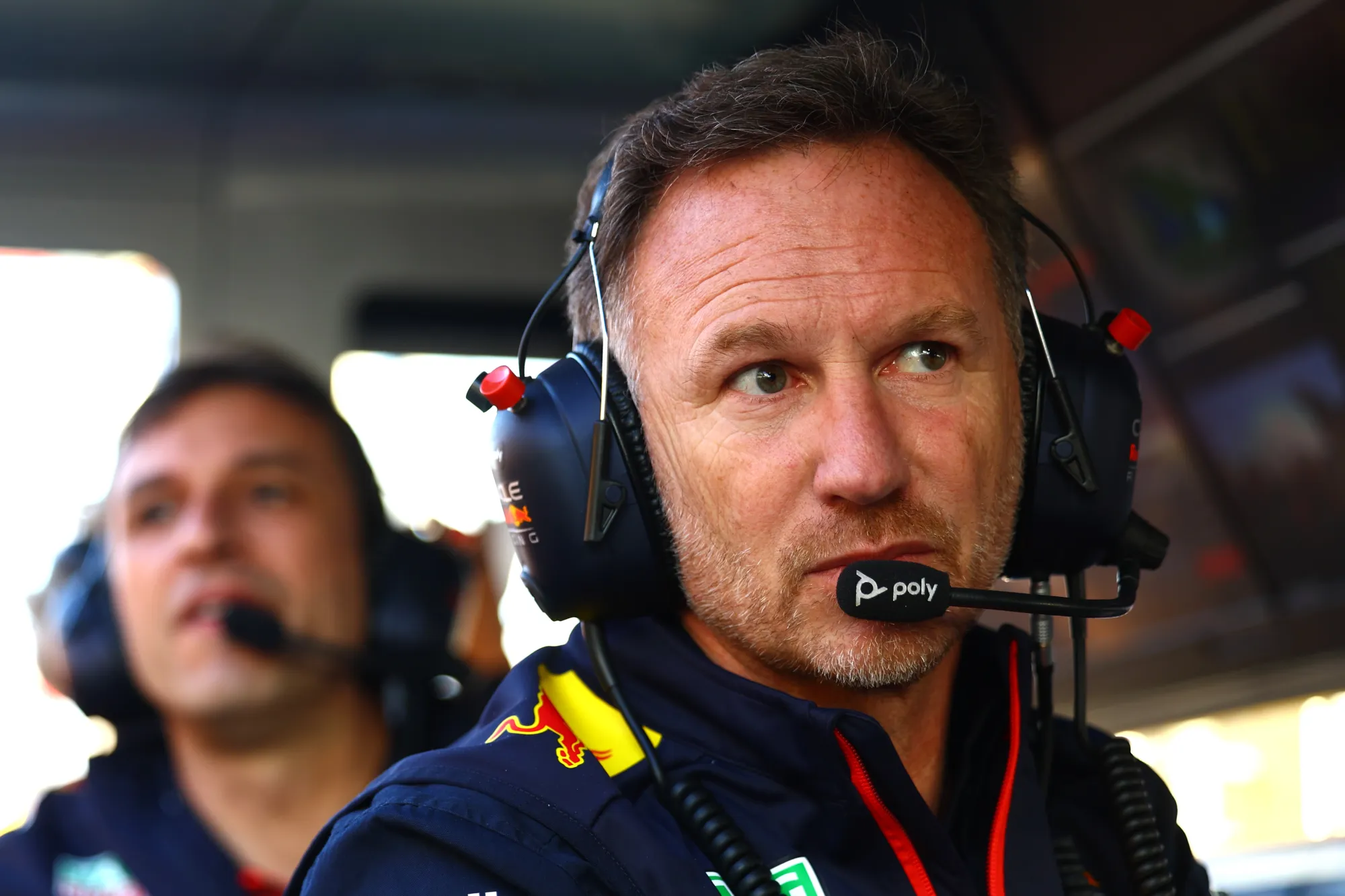
He confirmed the componentry would undergo rigorous analysis to pinpoint the cause and prevent future occurrences.
Horner remained pragmatic, acknowledging the significance of the first DNF in two years while praising Verstappen's composure:
"It's a matter of learning from it...he's been very gracious with the team and all the mechanics."
Forensic investigation ahead
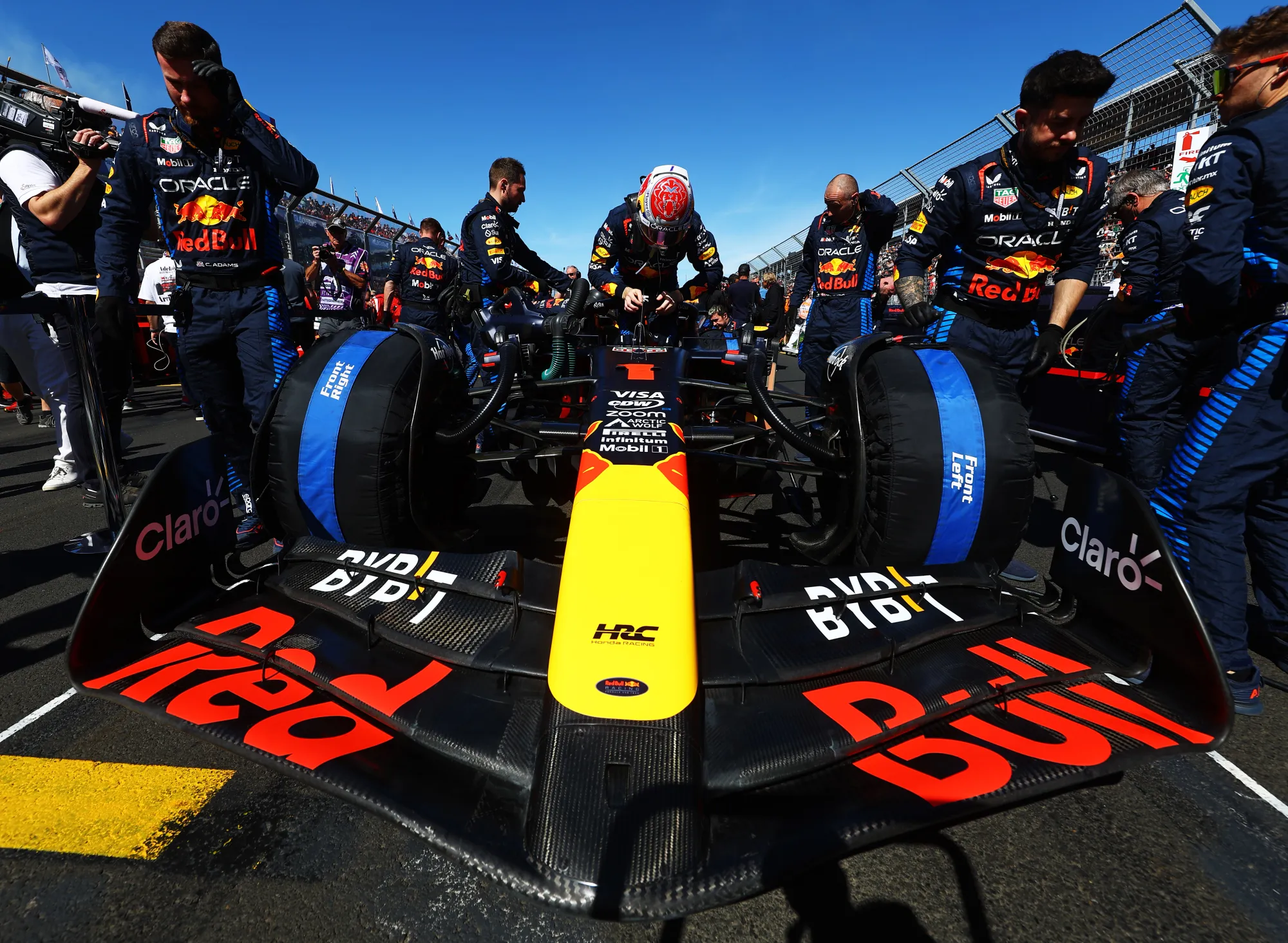
Former F1 engineer Bernie Collins offered insights into the arduous task facing Red Bull's investigators.
With the brake assembly largely destroyed by the prolonged exposure to extreme temperatures, physical evidence will be scarce.
Collins emphasized the criticality of data analysis, suggesting the issue may have been detectable earlier through temperature or pressure readings.
Potential culprits include component defects, foreign object entrapment, or even assembly errors – underscoring the myriad variables at play.



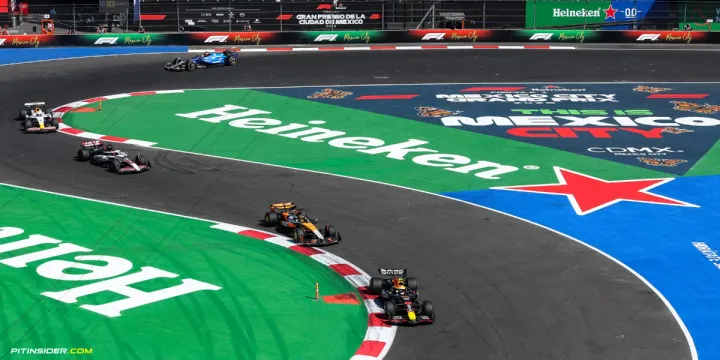

Comments ()